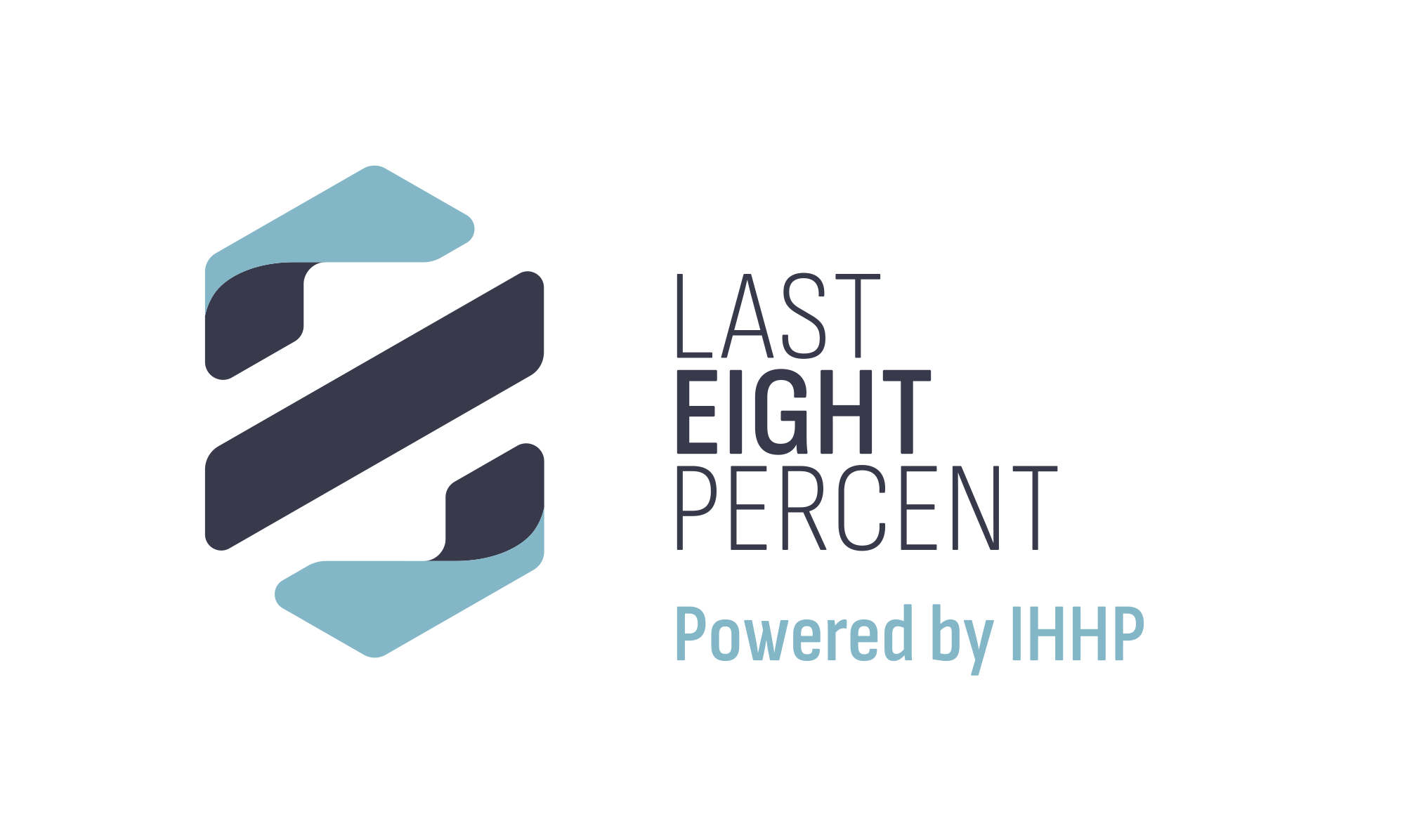IHHP recently presented a livecast that I had the privilege of hosting with the storytellers behind “The Collective Wisdom of High-Performing Women.” The book brings together 70 women who participated in The Judy Project, a program that has trained over 400 women for future leadership positions, to share their stories and advice about values-based leadership, ambition, and making hard choices.
We are releasing a series of articles to showcase the inspiring real-life stories of our livecast panelists and to further explore the leadership traits they talked about and their foundations in the principles of Emotional Intelligence. To read more stories or learn more about the book and The Judy Project, watch the full replay of the livecast here.
Our series continues with Alison Coville, former president of The Hudson’s Bay Company, who demonstrates the importance of tenacity in her story.
Check out her story below and keep reading to understand the connection between tenacity and Emotional Intelligence.
Moving Sideways in a Corporate Reorganization: A Story About Tenacity by Alison Coville
My cell phone was pressed to my ear as I paced my bedroom one evening in 2012. Richard Baker – the owner of Hudson Bay Company, my boss’s boss, someone I truly respected – was trying to help me gain some perspective on a move he wanted me to make within the company.
“You feel I’m a good leader, right?“ He said.
“Yes, of course,” I responded.
“Okay,” then he said, “Sometimes you have to hitch your wagon to successful people, trust that you too, will be successful, and take the job that’s there.”
My mind whirled. In an environment where a lot of people were being let go, that morning, I’d been offered a Senior Vice President position outside of the retail roles I typically worked in.
I was already an SVP, and I had my sights set higher. It felt like my results were now being overlooked. My whole career, most of which I’d spent with the Bay had been focused on fashion. Not only did the offer not feel like a good fit, but it also wasn’t what I wanted to do. So when I was told about it at work earlier that day, I was angry, and I pushed back. I went to HR and asked them what my options were for leaving the company. Then I went home, calling my husband to tell him the news and of course to vent.
Now I was trying to make sense of what Richard was telling me on the phone: “We could have let you go, that would have been easy. But we need you in this position because it’s right for the company. Take some time and think about it.”
In the coming days, I struggled with the decision wondering if this was my time to move on. Then, my daughter who was 16, helped me put things in perspective.
“Let me get this straight,” she said. “They’re not taking any money away from you, you’ll still be a senior vice president, and your job will not be as crazy. Why are you upset?”
The magnitude of the ego that was in the way dawned on me. So ultimately, I did what I’d always told my kids to do: I put on my big girl pants, and I got on with it. It was the best decision I’ve ever made.
I was in the role for a year and had so much fun. I subsequently took on positions I’d been passed over for in the first place. Plus the experience was great preparation for a role I took on for the next few years starting in 2014. I was the Senior Vice President and managing director of Hudson’s Bay Home and Home Outfitters.
Once again, the role was really unexpected, and something that wasn’t in my wheelhouse; never had I imagined that I’d run such a large -and, frankly, tired – home business in 90 Bay locations, plus the Home Outfitters chain. But this time, right from the start, I embraced the change and the challenge, wholly.
We required major product reengineering and a new marketing image. And the corporate strategy at the time was actually to decrease the number of home-oriented products in our stores, or in many cases, to exit the home category altogether in order to grow other businesses like fashion. This could have discouraged the teams, but I rallied them with the mantra “We are shrinking ourselves to greatness!” I wanted them to be on the offence versus the defence.
“Don’t think of this as something that’s happening to you,” I told them. “Instead, own it.”
I realized that I was in a good position for this transformation, not despite, but because of my fashion background. I applied my knowledge of fashion to the home business: What’s the next big trend? What brands are emerging as unique and exciting? What are the colors of the season that we can add to the towels to freshen up our customers “home wardrobe”? Sales and profits soared.
I learned a lot about being a leader in the year since I ended up accepting the position that at first I didn’t feel was right.
Now I tell others, then when an opportunity comes along, whether you think it’s a good fit for you or not, consider taking it for the sake of learning something valuable. And remember that nothing ever stays the same.
Alison’s Story: Managing Emotions on the Path to Success
In her story, Alison recounts her journey of resilience, during a time when it felt like her career had gone sideways. When Alison was first offered the new role, she was hijacked by her emotions – her amygdala, the part of the brain responsible for the “fight or flight” response was in the driver’s seat and telling her to activate flight mode and leave the company.
Alison was able to manage her emotions by staying open and listening to her boss and her daughter. By doing so, she was able to re-engage her neocortex, her thinking brain, and see the possibilities connected to her new role.
Emotional management is a key component of Emotional Intelligence (EI) and Alison’s story shows us how important managing our default responses is to overcoming negative thoughts and developing tenacity. EI fuels persistence and perseverance in the face of barriers or disruption. Leveraging EI in navigating obstacles can transform a “can’t do this” mindset to a “will do this” mindset, increasing the opportunities for learning and success.
At IHHP, we hope our livecasts, our articles and resources and our learning programs provide people with the opportunity to start the journey of building the skills of Emotional Intelligence, the skills that help us all work better together.
Continue the learning.
Also read:
- Emotional Intelligence, Connection, and High-Performing Women
- Emotional Intelligence, Compassion, and High-Performing Women
- Emotional Intelligence, Lifelong Learning, and High-Performing Women
Join us for a follow-up event with the panel in which we will continue the conversation and dive deeper into the personal stories and themes shared.

About the Speaker
Alison Coville is a Canadian retail leader and former president of Hudson’s Bay. Having held many senior executive roles over 20 years in a highly competitive, ever-changing industry. She’s done it all. Alison is also an active member in the community serving on the Board of Directors for Providence Healthcare Foundation, Unity Health Network, and Alison’s greatest joys come from her wonderful children and husband, and the success each of them has had while also being her biggest fans.

About the Host
As a lifelong student of human behavior, a psychotherapist / family therapist turned organizational psychologist, Dr. Cranla Warren believes that a strong foundation of Emotional Intelligence (EI) builds great leaders, fosters employee engagement and creates great places to work. She has a wealth of knowledge and professional experience in the areas of collaboration, values-based leadership, coaching, and strategic business execution. Dr. Warren holds a Ph.D. in Organizational Psychology and a Professional Post-Graduate Certificate in Leadership. She currently holds the position of Vice President of Leadership Development at the Institute for Health and Human Potential. Connect with Cranla on LinkedIn!

